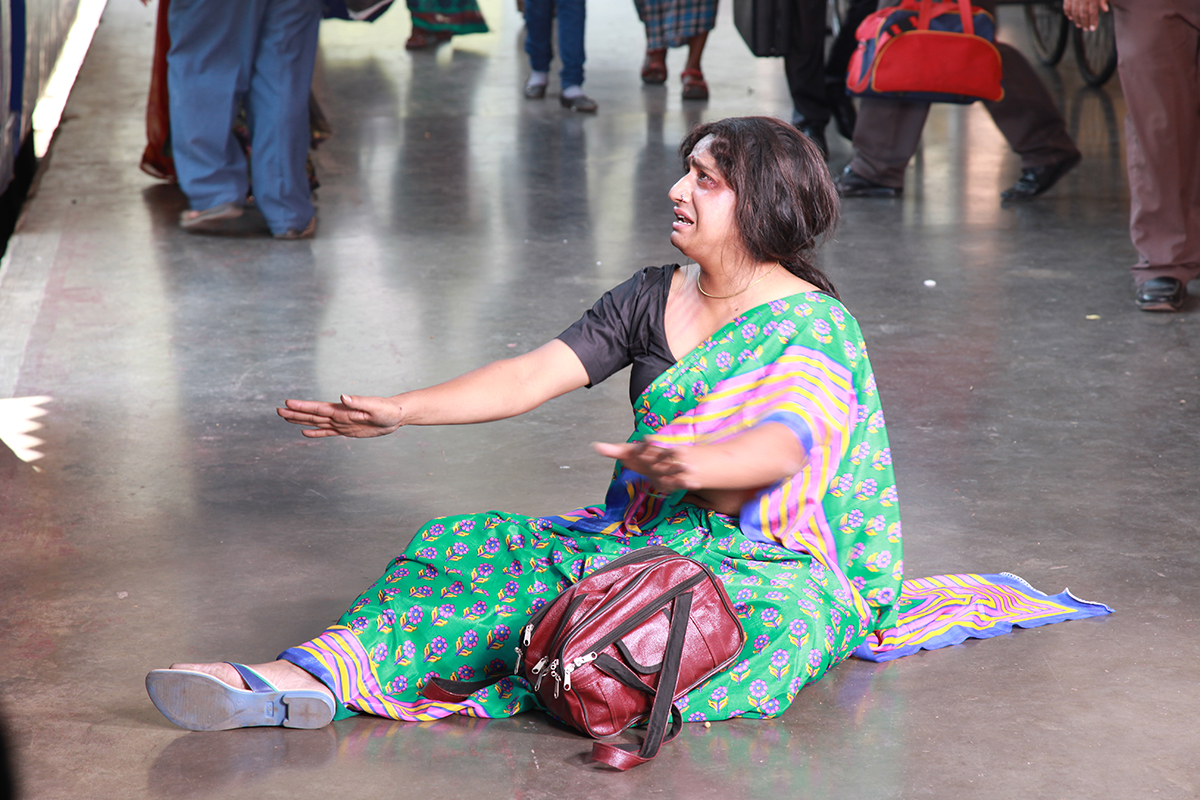Censors Play Morality Cops, National Awards Say 'Stop'!
A still from Nanu Avanalla Avalu 1

In recent months, Mumbai in particular and other film-making centers in India are caught between laughter and tears at the antics of the censors – in officialese, the National Film Certification Board. This squad will not, for instance, allow abusive language, or the word ‘lesbian,’ or ‘Bombay.’ The latest our dailies tell us is, “No kissing”, “No peeing”, on screen. On and on, in this astounding fashion.
While we suffer a benighted censoring authority in the Ministry of Information and Broadcasting, a ray of hope pierces the gloom from another activity of the self-same ministry, the National Awards.
This year’s awards crown films that question traditions, propriety and social norms, that applaud the will and courage to achieve individual goals and a life of dignity.
Will the Censor authorities look at the films that have won the National Awards? Where, in so many of them, do blinkered traditions hold centre stage?
The Award For The Best Popular Film Providing Wholesome Entertainment? “‘Mary Kom”. It is the story of a woman, and a boxer for Heaven’s sake, who struggles to go beyond home and kitchen and attains world renown. How does this fit into the cosiness of the new framework, a woman entering a boxing ring, a man’s preserve, wearing sporting gear in no way decorous, and then using tremendous skill and energy in an aggressive victory?
Best Hindi Film and Best Actress awards : “Queen”. Kangana Ranaut plays the role of a young woman jilted on the eve of her wedding who decides to go on her planned honeymoon in Paris … alone. There, layer by layer, she sheds the inhibitions of her conventional upbringing to live on her own terms.
Take the National Award for the Best Film - the highly acclaimed “Court” directed by Chaitanya Tamhane,. The film provides a low-key but insightful account of a trial in a Mumbai lower court as it observes the lawyers and judge interfacing with ordinary people and in their private lives. On trial is an activist singer who expresses his anguish about the injustices he sees around him. He is made a victim of a stolid and uncaring social system. The fortuitously timed award will hopefully boost its release set for April 17.
Best Bengali Film and also of Sound Design: “Nirbashito”, directed by Churni Ganguly (she also plays the lead role). The film is a moving, disturbing account of a Bangladeshi woman writer (based on Taslima Nasreen with name changed), residing in Calcutta, who speaks her mind openly which overnight endangers her life. She is spirited away to a sympathetic foreign shore which values and protects her. She lives on, an alien, craving for her homeland, a thinking woman who questions politics and the status quo. Bravo, National Awards!
At a time when the word ‘lesbian,’ one hears, is to be avoided in films, the Best Actor award goes to the brilliant thespian Vijay in a sensitive film from Karnataka, “Nanu Avanalla Avalu” (I am not He … She). A boy child has always craved to be a woman and the film, tender and compassionate, tells how he bravely makes out in a conformist world.
Why cannot our cinema – which anywhere in a free world, reflects the contemporary issues of society and politics, express what life is about with incisive clarity? The National Awards are a testimony to creative expression that sees the realities of life fairly and squarely, and also with compassion .



